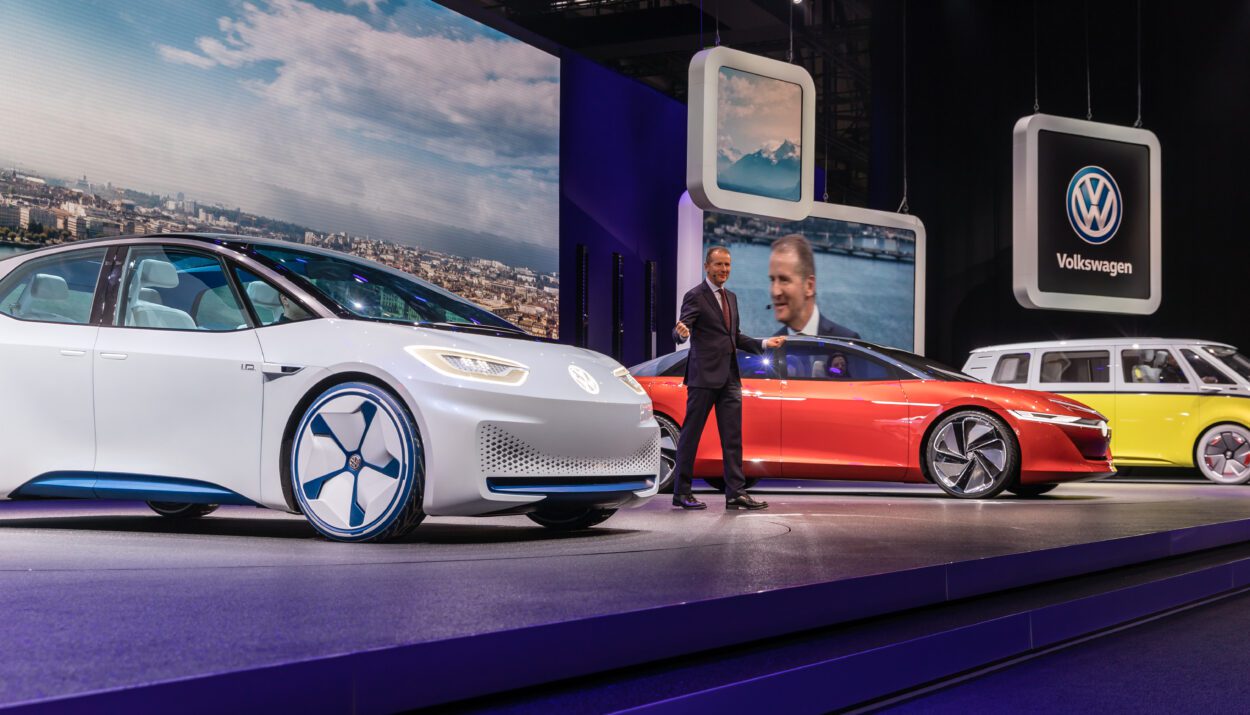The European Union is set to impose new tariffs on Chinese electric vehicle (EV) imports, potentially triggering a trade war. The tariffs, aimed at countering alleged state support for China’s car manufacturing industry, follow a nine-month investigation into unfair subsidies. The level of tariffs varies by brand, with SAIC facing the highest, Geely at 20%, and BYD at 17.4%. Tariffs will push up car prices significantly, with a 17.1% tariff increasing the cost of a €30,000 car by €5,250.
These tariffs are expected to take effect on July 4, but Chinese companies have until then to challenge the EU’s findings. The European Commission has indicated a willingness to resolve the dispute through talks.
The EU alleges that Chinese state support subsidizes every stage of the EV manufacturing process, from lithium mining to car shipping. This support enables Chinese carmakers to undercut European rivals, slowing the EU’s transition from internal combustion engines (ICE) to battery electric vehicles (BEVs).
Chinese state support, according to the EU, includes cheap land for factories, tax exemptions, and financing advantages. The EU argues that this support has allowed China-made cars to capture 25% of the EU market in 2023, up from 3.9%.
China has labelled the EU’s investigation as protectionist and warned that tariffs will harm global vehicle production and supply chains. The German government, concerned about the impact on its exports, has criticized the tariffs. Major German carmakers, including Volkswagen and Mercedes-Benz, have also expressed concerns, warning that the tariffs could hurt the European automotive industry more than they help. Other manufacturers, such as Volvo and Stellantis, have also voiced opposition to the measures.










